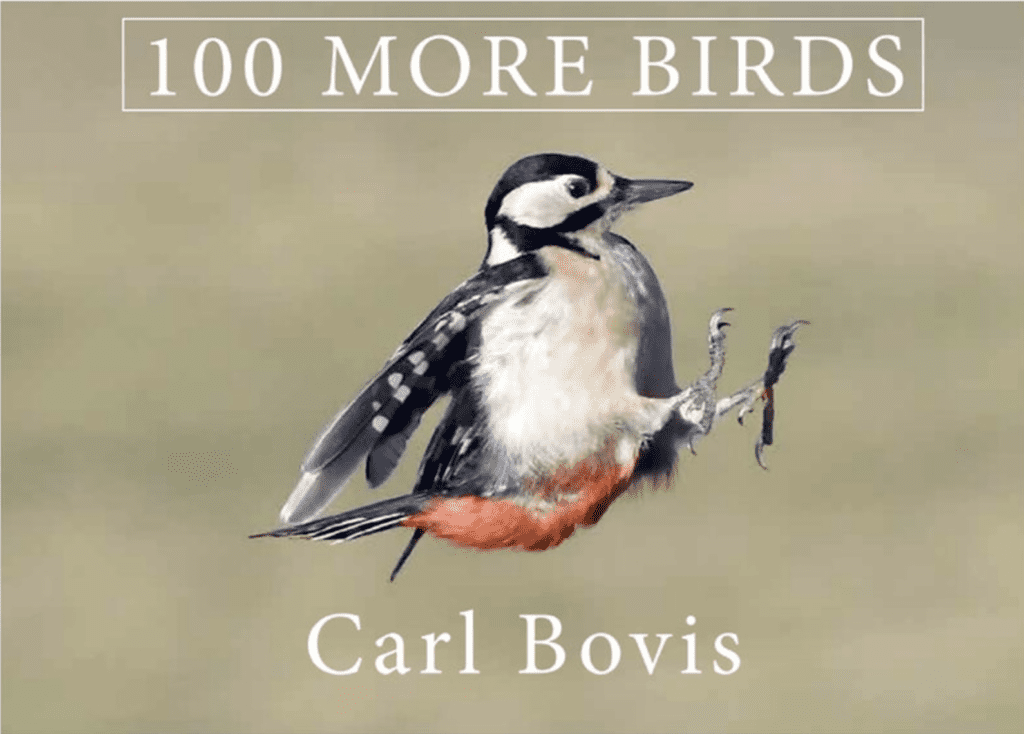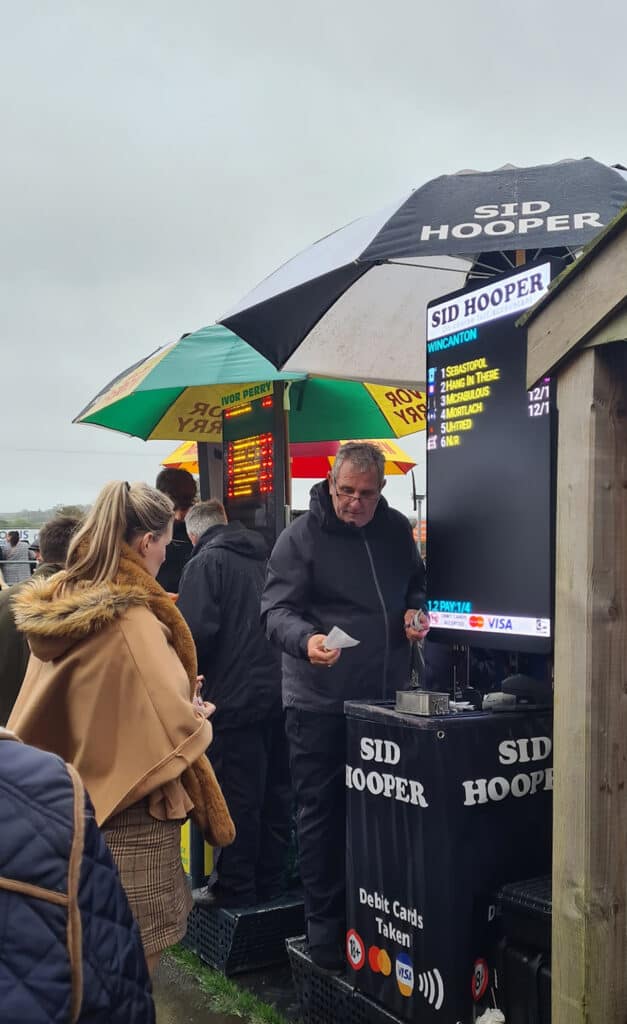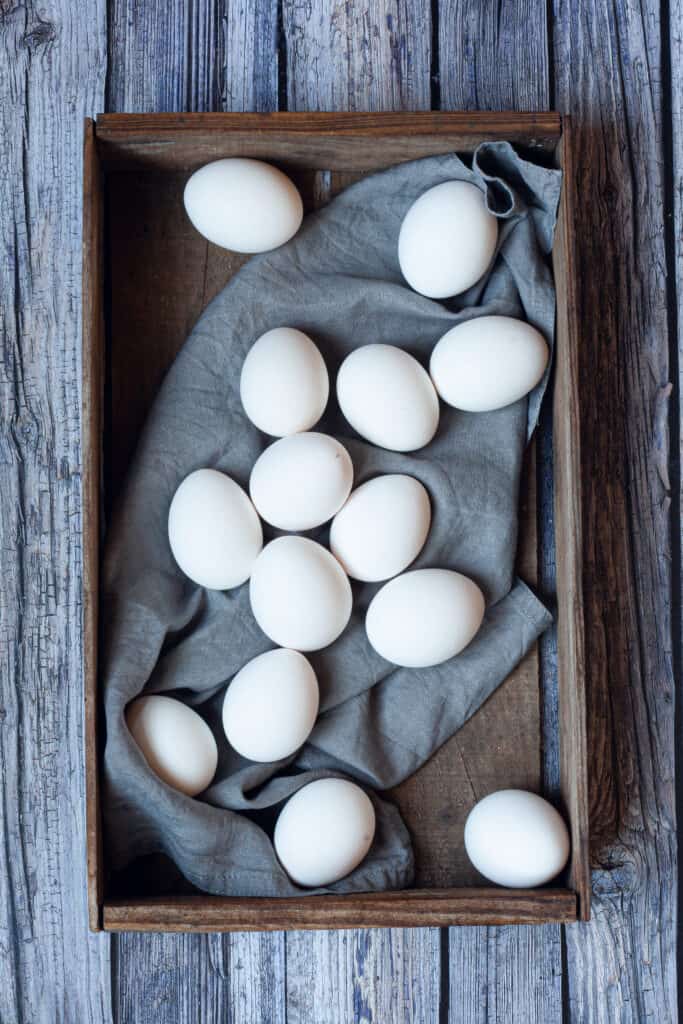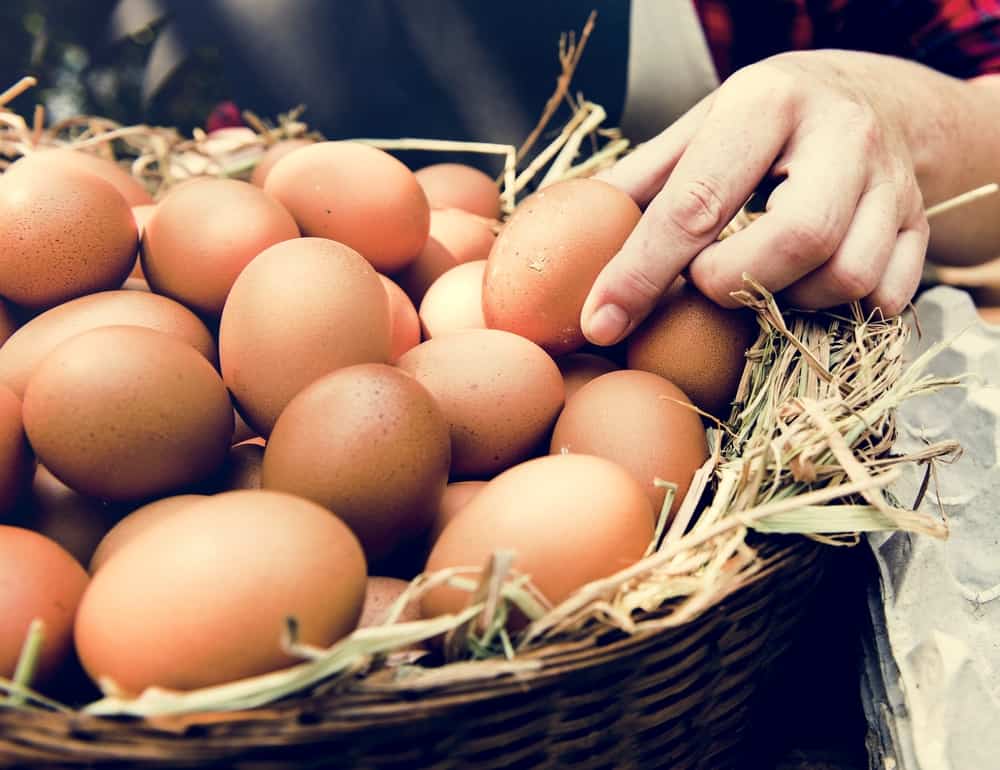The BV’s Andrew Livingston remembers his mentor, BAFTA-winning writer, chef and, most of all, fisherman Nick Fisher, who passed away this month

Since I heard of Nick Fisher’s tragic passing last month I have been taking the time to delve deep into his archives of film and television.
I went straight to YouTube and there, hosting ITV’s agony uncle show Dear Nick, was the man I knew. Fewer wrinkles and odd grey hairs, but still the charming, engaging man who moved into our village of Hooke when I was a child.
‘Welcome to Dear Nick, the show with more problems than you can shake a stick at, but at least we can talk about them.’
His 1996 words resonate loudly with me today as I stare at the screen and remember my 63-year old friend, whose body was found in a hotel in Dorchester early in November.
Entertaining mundanity
Nick became well-known when celebrity TV chef Hugh Fearnley-Whittingstall reeled him as fishing expert on Channel 4’s Dorset-based River Cottage.
But, as a child, I just knew him as the funny man down the road with the oddly apt surname-profession combination.
Beginning his writing career in the 80s as an agony uncle for Just Seventeen magazine, Nick moved on to screenwriting for television in the 90s. In 1993 he moved in front of the camera to present his first television show – Screaming Reels on Channel 4,
a light-hearted look into the world of fishing.
Just like Dear Nick, I had never seen Screaming Reels before, but thanks to YouTube there he was again, the fishing-obsessed man I would end up knowing.
Much like his writing in the Marshwood Vale Magazine that came later in his life, in Screaming Reels Nick found the hilarity in the mundane. But this time he got to talk about fishing.
From the age of four he had been obsessed with fish, and watching him on screen you can see his passion. Nick fished all over the world, holding a commercial fishing licence, a charter skipper’s licence and being a certified yachtsman. But I saw him most frequently bobbing on his mooring in West Bay Harbour.
Writing for TV
Nick developed an incredible way with words and it was through this that I got to know him much better – in later life he would mentor me as I tried my hand at journalism.
Living with a Willy: The Inside Story is a hilarious book of Nick’s that I read during puberty. The blurb probably says it best: “This book isn’t going to teach you a lot of long Latin words ending in m, but it might just help you understand what it really means to own a daft tuft of flesh shaped like a chipolata.”
However, I mostly consumed Nick’s writing via the television. Growing up in a time before Netflix, as the credits rolled on so many BBC programmes we’d say, ‘Oh, Nick wrote that!’ Eastenders, Casualty, Holby City, Hustle and New Tricks to name a few.
He also created his own show, The Giblet Boys, and won a BAFTA for Best Children’s Drama in 2006. He dedicated the award to his three sons, who inspired the writing. He said there was nothing on TV for them to watch.
In 2016, Nick once again proved his versatility as he tried his hand at writing fiction.
Pot Luck is a brilliant story of crime, drugs, greed and, of course, fishing – specifically commercial crab fishing. It is set in Weymouth and has been so popular that it has recently been commissioned for television.
The last chat
The last time I saw Nick we stood and chatted on his drive for half an hour about chickens. The fox had just been through his backyard flock, so I donated a couple of our 16,000 hens. Those few birds were nothing compared with the time he had given me, just to help a young writer develop.
Knowing now that it was our last conversation, and having now looked deeper into his life, I wish we could have talked about anything but chickens! But I wasn’t to know what was going on inside his head.
Nick’s death has been a stark reminder that we don’t know what people are going through. In the lead-up to this Christmas I’m going to make a conscious effort to check in more with the people around me.
And wherever we go when we die … I just hope Nick has got his rod and tackle with him.






























